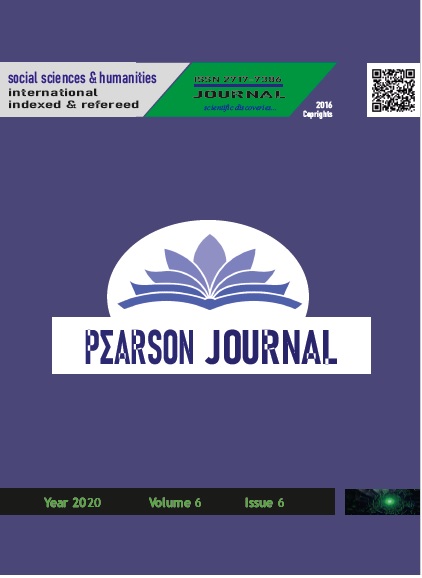A SOCIOLIINGUISTIC PERSPECTIVE IN NARRATIVE ANALYSIS: EDUCATIONAL BACKGROUNDS OF PEOPLE AS INFLUENTIAL FACTORS IN THE PERSONAL NARRATIVES ON COVID-19 PANDEMIC
DOI:
https://doi.org/10.46872/pj.58Keywords:
personal experience narratives, COVID-19 narratives, narrative structure, oral narrativeAbstract
This article intends to provide a sociolinguistic framework for the analysis of personal experience narratives referring to Labovian story structure terminology. The study focuses on participants from two distinct groups; one with higher, the other with lower educational backgrounds and socioeconomic levels. In this study, oral narratives on COVID-19 pandemic reflecting the personal experiences of 20 people from different parts of Turkey, who are divided into two groups equally according to their educatioan and socioeconomic levels, have been compared in relation to Labov’s Personal Experience Narrative Analysis. Due to quarantine conditions the data were collected through phone calls and trascribed for coding and analysis. In this regard, snowball sampling method was used and Labovian parameters found in the narratives were presented in tables rearding their percentages and frequencies. In order to maintain the ethical considerations of the study, their approval was obtained before the meeting with the participants and they were included in the study in this way. The findings indicate that economically and educationally better-level participants have better narration skills in terms of the quality of expressions, word preferences, lenght of the narrative and sentence structures. In contrast, lower education group narratives lacked some categorisations offered by Labov which implies that education may have an effect on personal narratives. On the other hand, despite the effect of education on linguistic capacity, people are seen to be aware of the seriousness of a contagious disease. This finding denotes the importance of education and gives clues about social interaction and mass media effect on personal experiences.




